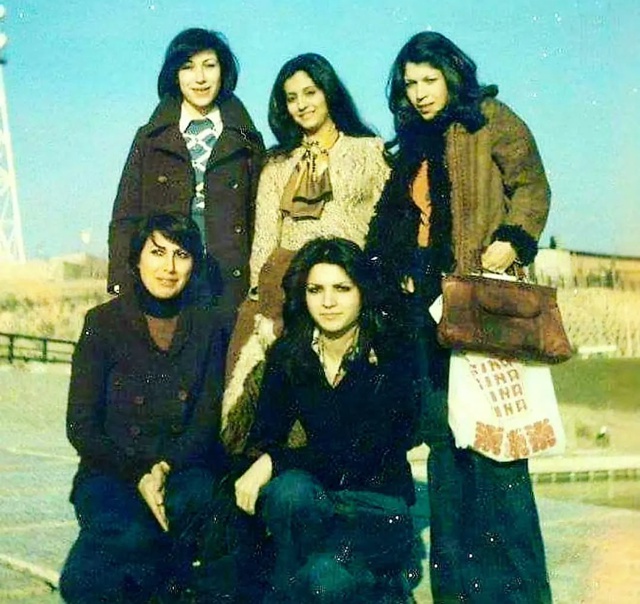This divide created a sense of urgency that contributed to the momentum toward revolutionary change. Universities rarely existed in isolation. International movements—civil rights protests, independence struggles, academic reforms in other countries—reached students through books, visiting scholars, and even foreign radio broadcasts. These global influences encouraged students to adopt new models of resistance and organization.
Such ideas helped students envision alternative futures beyond the constraints of their own political systems. Lectures were sometimes monitored; events were canceled; politically active students faced expulsion, arrest, or harassment. These repressive measures often produced the opposite of their intended effect—fueling anger and solidarity among students. By the late pre-revolutionary period, the university often evolved into a symbolic arena.


